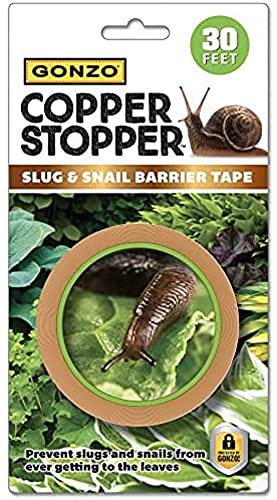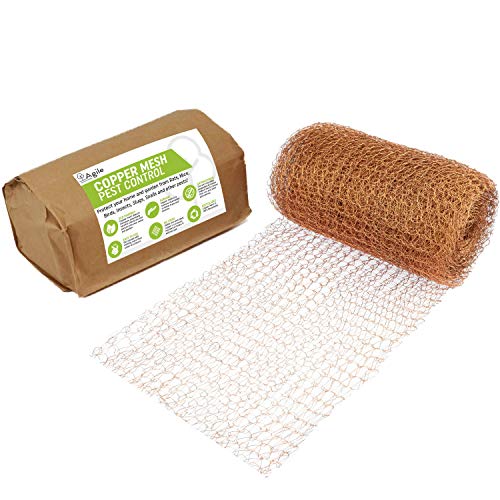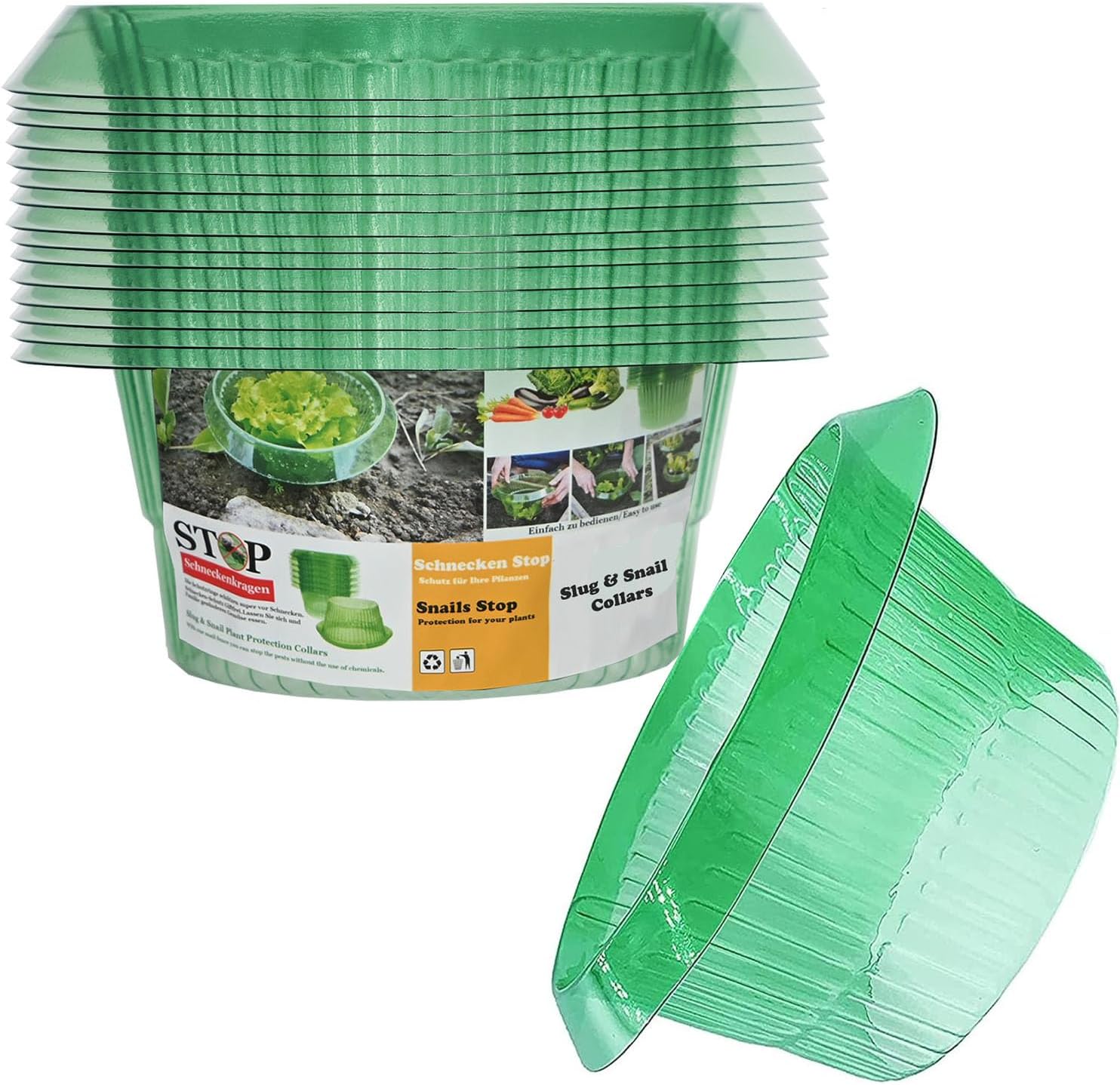How to Get Rid of Garden Snails — 5 Natural and Humane Ways to Claim Back Your Yard
Fed up of snails treating your lettuce heads like breakfast? Experts say these 5 methods are the most effective ways for how to get rid of garden snails
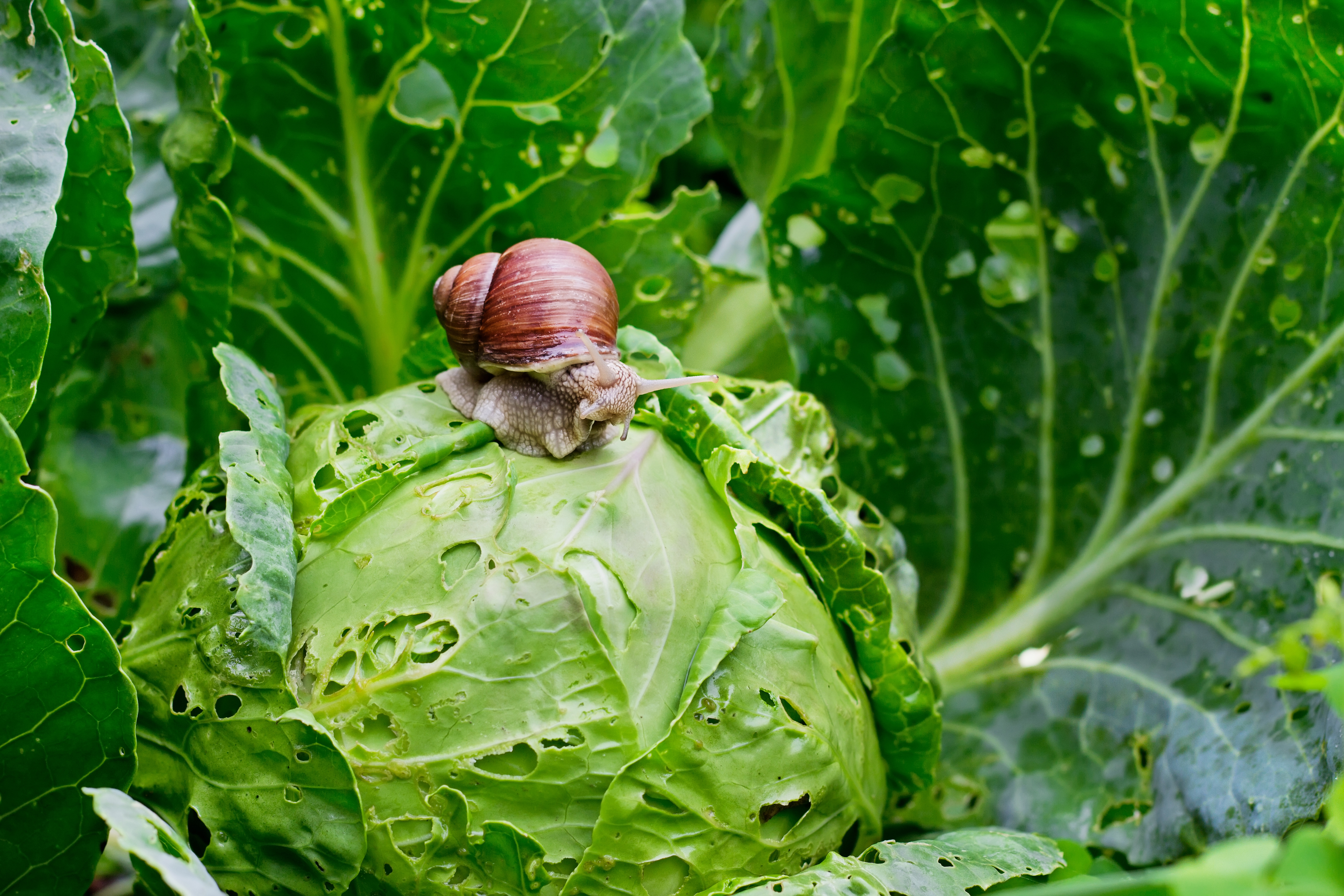
The Livingetc newsletters are your inside source for what’s shaping interiors now - and what’s next. Discover trend forecasts, smart style ideas, and curated shopping inspiration that brings design to life. Subscribe today and stay ahead of the curve.
You are now subscribed
Your newsletter sign-up was successful
If you're searching for advice for how to get rid of garden snails, you're not the only gardener whose plants may be suffering at the hands of these (often considered) pests. You’ve tended to your yard relentlessly, picking out weeds, mulching, planting perennials and raising your seedlings, all is well until the inevitable happens – the snails arrive!
We get it, our yards aren’t just for us, they’re for the wildlife as well, and supporting nature is vital to our ecosystem. But an army of snails munching on your hostas for breakfast isn’t ideal either. Surely there’s got to be some compromise?
Thankfully the experts say managing these hungry-shelled gastropods is possible .The best news: it’s all humane too. So if you’re worried about snails eating all your modern garden's annuals, don’t worry, we’ve got the pro’s tips on how to make sure your flowers stay off their lunch menu!

Alex has worked in the horticultural industry for over 20 years and grew up on the farm since his childhood years. An expert on landscape trees, shrubs, and indoor plants, he is passionate about growing and helping others learn the trade.
1. Use Physical Barriers

There’s nothing a snail likes more than a nice soft compost cushion to make it’s journey to your flowers super-easy. To make their journey a bit more difficult, expert Alex Kantor at Perfect Plants Nursery says physical barriers are a must!
‘Use physical barriers to keep snails away from your plants,' he says. 'Surround vulnerable plants with materials like crushed eggshells, coffee grounds, or coarse sand. Snails don't like to crawl over these rough surfaces, helping to deter them from reaching your plants.’
If using eggshells in gardening isn't aesthetic enough for you, for a minimalist physical barrier look, we especially like scattering crushed seashells on the tops of plant pots. Not only will it help deter snails, but it will also act like a mulch and suppress weeds.
2. Install Copper Tape
Did you know snails don’t like copper? Although opinions are mixed on why it’s effective, some gardeners report great results using copper tape on pots and raised beds, and expert Alex thinks it’s definitely a method worth trying.
The Livingetc newsletters are your inside source for what’s shaping interiors now - and what’s next. Discover trend forecasts, smart style ideas, and curated shopping inspiration that brings design to life. Subscribe today and stay ahead of the curve.
‘Apply copper tape around pots, raised beds, or yard areas where snails are a problem. Snails dislike the sensation of copper and will avoid crossing it. Make sure the tape forms a continuous barrier without gaps for it to be effective,’ says expert Alex.
But before you run and grab the closest copper tape reel, keep an eye out for one key factor. Gardeners say the trick to making sure the tape method is effective is ensuring it is at least 1 1/2 inches wide. In fact, in many cases the wider the tape the better it is at warding the snails away from your plants! This copper snail stop from Amazon should do the job.
3. Deter snails with companion plants
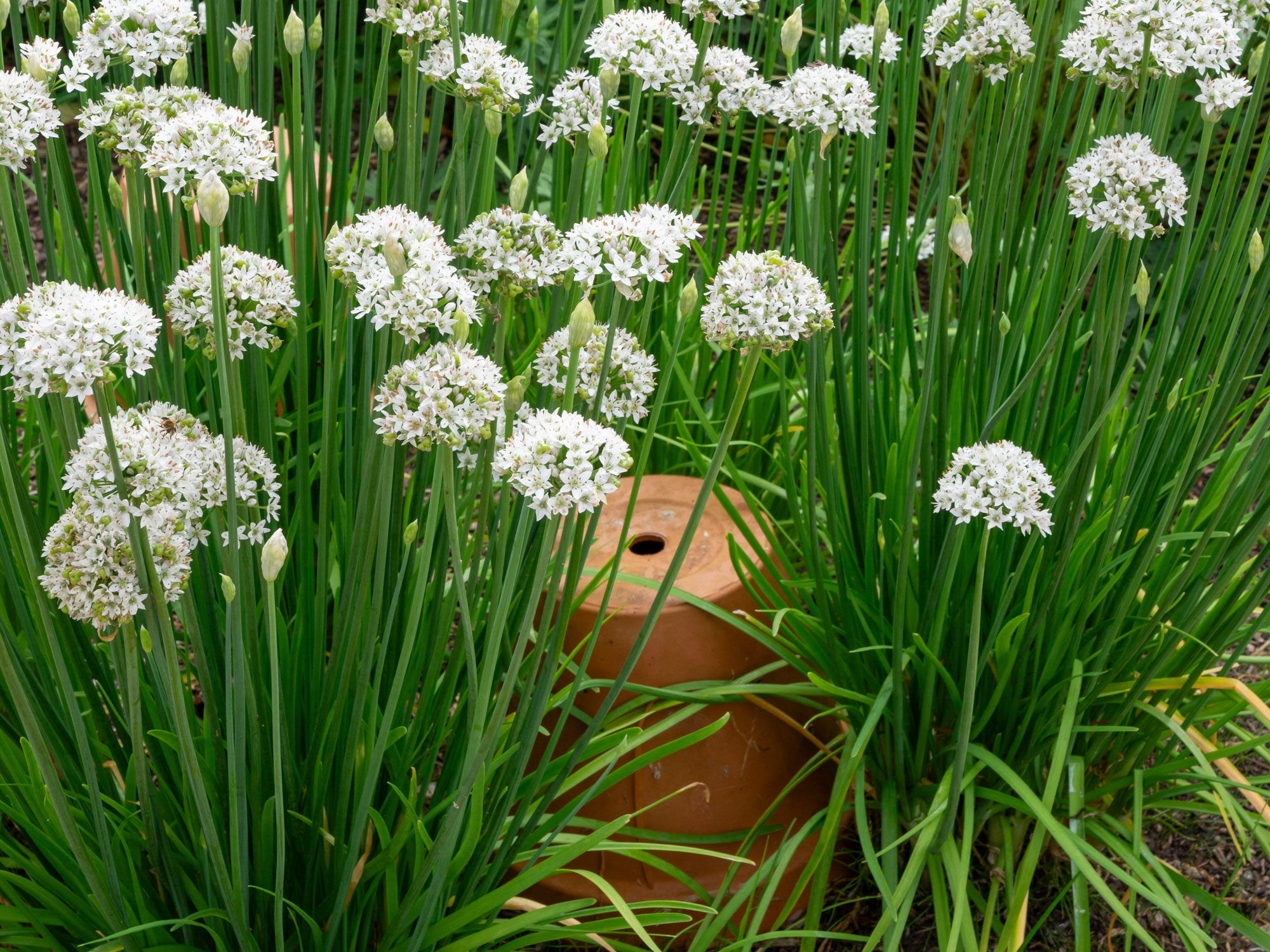
Although snails seem to feast on any greenery they can access, there are a few plants that snails actively dislike, and utilizing these in companion planting can be hugely advantageous in keeping these critters out of your yard.
But which anti-snail companion plants do the horticultural experts recommend? According to expert Alex, it's all about fragrant herbs.
‘Grow plants that snails dislike near your vulnerable plants,' he says. Garlic, chives, and mint are known to repel snails due to their strong scent. Planting these alongside your prized plants can act as a natural deterrent.’
A word of warning though – do not plant mint in your yard beds. Mint is a great companion plant to deter snails, but it’s highly invasive and will easily take over a yard. Keeping it confined to containers is key!
4. Control your yard's moisture

One second it’s raining, the next you’ve got a family of snails making a beeline for your vegetable garden. Turns out snails just love moisture and managing your yard’s moisture levels can seriously help in keeping them at bay.
‘Snails are attracted to moist environments. Try to minimize excess moisture in your yard by ensuring proper drainage. Avoid over-watering and be sure to water your plants in the morning so they have time to dry out during the day. This will make the environment less appealing to snails,’ says Alex.
If you want to be super-efficient with your watering, drip irrigation systems are a great choice that will minimize water spills from hand watering. Plus they are great for conserving water too!
5. Manually relocate them
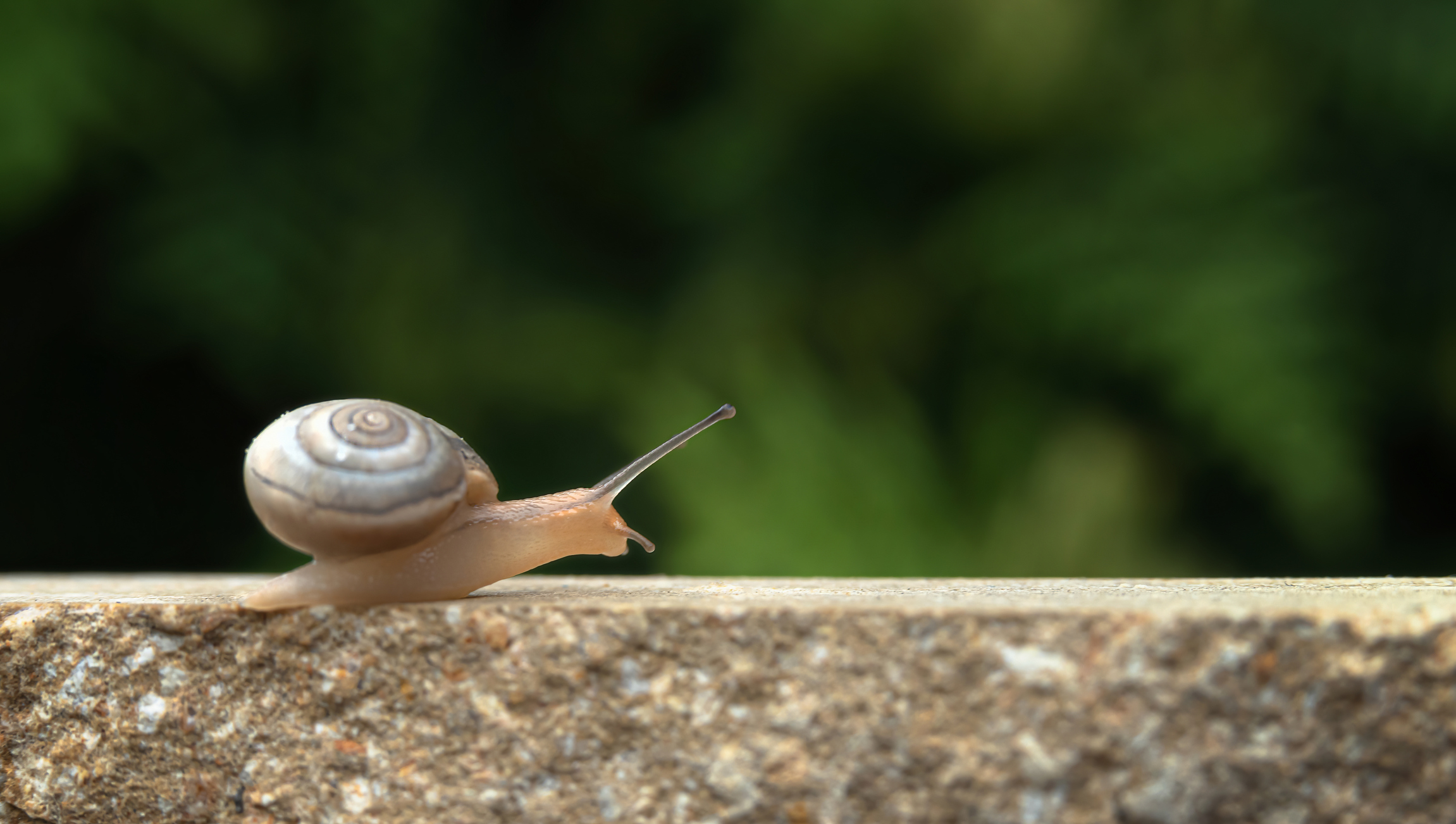
Although physical barriers and other measures can prevent most snails, inevitably there will be some persistent gastropods that will continue to chow down on a seedling supper. In this case, manually relocating them can often be the best solution.
Alex says ‘A simple and effective method is to manually remove snails from plants. Check your plants regularly, especially during dusk or dawn when snails are most active. Wear gloves and gently remove the snails, then relocate them to a different area far away from your yard.’
Just be sure to be gentle when handling them, and relocate them to an area that doesn’t experience heavy traffic or footfall.
Matilda Bourne is a freelance homes, gardens and food writer, stylist and photographer. Known for creating and capturing content for multiple international brands, her work has been featured in The Telegraph, The Daily Mail, and Hello! magazine. When she’s not writing, you can usually find her tending to her much-loved garden and scouring thrift stores for vintage furniture.
